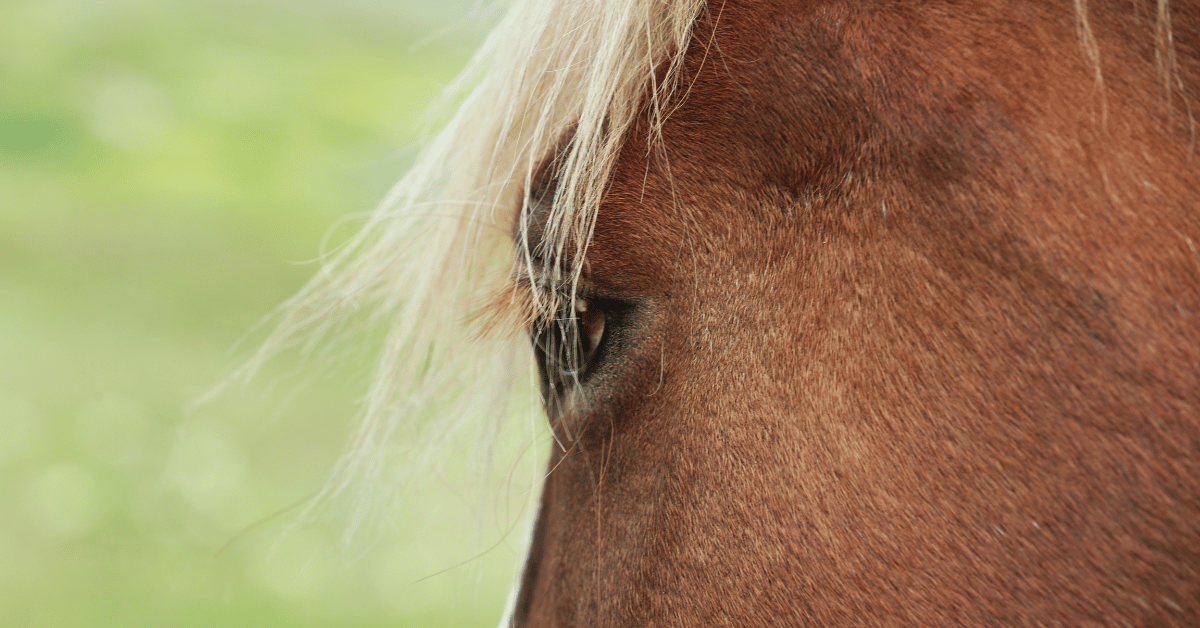The Relationship Between the Lymphatic System and Stress in Horses
The lymphatic system is crucial for a horse’s health. This sophisticated network of lymph vessels and lymph nodes is responsible for removing waste, supporting the immune system, and maintaining fluid balance. Horses have a far more extensive lymphatic system than humans. When horses experience prolonged stress, however, this system can become strained.
Lymphatic system
Stress

4 October '25 • 2 min reading time
Function of the Lymphatic System
Lymph vessels transport substances that are no longer needed from throughout the body, including damaged cells, excess fluid, and waste. Lymph fluid carries these substances to the lymph nodes, which filter the fluid and return waste products to the bloodstream. The lymphatic system works closely with the immune system. Lymph flow occurs primarily through movement and can also be stimulated through Manual Lymphatic Drainage (MLD), a gentle massage technique.
Increased Cortisol Production
Stress leads to increased production of the stress hormone cortisol. While cortisol is helpful in the short term to cope with stress, chronically high levels can suppress immune function. Chronic stress may result from poor nutrition, unsuitable herds, inappropriate training methods, or lack of social contact. Persistently high cortisol levels make horses more susceptible to infections and inflammation. The resulting increase in waste products puts extra strain on the lymphatic system.
Reduced Lymph Circulation
Stress can cause muscle tension and reduced blood circulation. Since lymph flow depends heavily on muscle movement, tense or inactive horses may have slower lymph circulation, resulting in fluid retention, swelling, stiffness, and lowered immunity.
Inflammatory Reactions
Prolonged stress can cause low-grade inflammation, especially in horses with excess fat deposits (e.g., EMS). The lymphatic system must remove these inflammatory products but can become overwhelmed under chronic stress. This can lead to a buildup of toxic waste and a weakened immune system, making horses more prone to illness and injury.
Health Consequences
If stress impairs the lymphatic system, horses may experience:
- Swelling, especially in the legs
- CPL (particularly in cold-blooded breeds)
- Fatigue and decreased performance
- Recurring infections and slower wound healing
- Skin problems
- Digestive issues (the gut has an extensive lymphatic network involved in nutrient absorption)
What Can You Do?
To support a horse’s lymphatic system and mitigate stress effects, it’s important to minimize stressors. This includes ample movement, social contact, and high-quality roughage. Exercise not only benefits mental and physical well-being but also promotes lymphatic circulation. If swelling or frequent illness persists despite good management, a therapist can provide Manual Lymphatic Drainage (MLD).
Conclusion: Stress and the Lymphatic System
Stress and the lymphatic system in horses are closely linked. Chronic stress can disrupt lymphatic function, causing various health issues. Proper management is key, with MLD as an optional supportive therapy.


